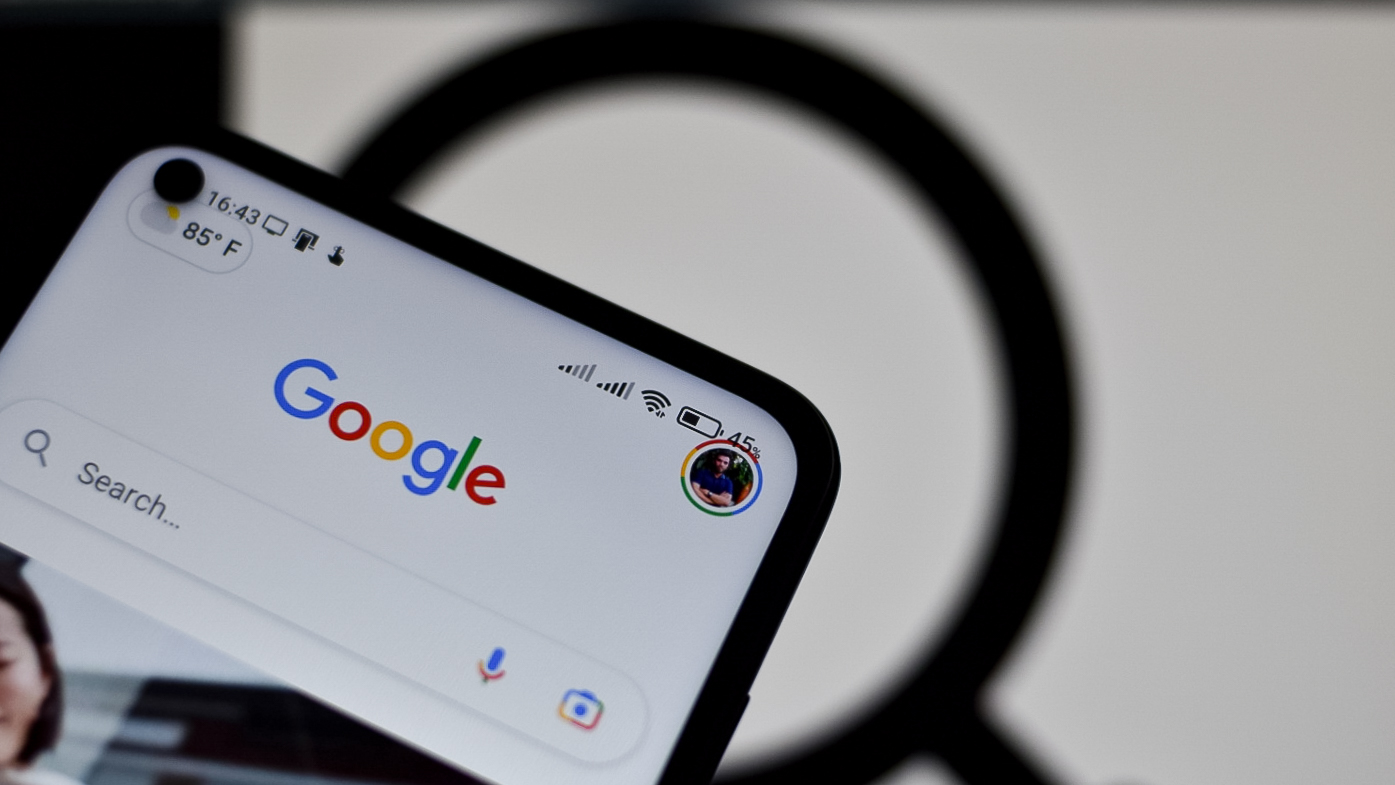As we step into 2025, the mobile technology landscape will continue to evolve at a breakneck pace. From groundbreaking advancements in hardware to innovative software solutions, the industry is poised for significant growth and transformation. Let’s dive into the key trends that will shape the mobile tech market in 2025.
Foldable Phones: The future of smartphone design?

One of the biggest trends in 2025 could be the rise of foldable phones. Manufacturers are pushing the boundaries of smartphone design, offering devices that seamlessly transition between phone and tablet modes. These devices are becoming more affordable and reliable, making them a compelling option for consumers seeking a versatile mobile experience.
All it would take is one company’s significant breakthrough in hardware or design to get foldables back on track to become the norm instead of an exception. If that doesn’t happen, we’ll have the same market players doing the same things, and consumers will continue to largely ignore foldable phones.
AI Integration: Trying to revolutionize the mobile experience

Artificial intelligence (AI) is rapidly integrating into various aspects of mobile technology. AI-powered features are enhancing user experiences in numerous ways, including:
Smarter personal assistants: Virtual assistants are becoming more intelligent and capable of understanding complex queries and providing tailored recommendations. Much of this is because of AI integration.
Advanced camera systems: AI-driven camera systems are revolutionizing mobile photography, enabling features like real-time object recognition, scene optimization, and stunning low-light performance.
Enhanced security: AI is bolstering mobile security by detecting and preventing cyber threats, such as phishing attacks and malware.
Expect this to continue throughout 2025, with companies trying to find new ways to use AI. Some of them will be great and useful; others will not. Like it or not, AI is the future of software. At least until something better comes along.
5G: The backbone of high-speed connectivity

Our expectations of 5G were wrong. We don’t have blazing-fast network speeds on our phones everywhere and all of the time, and the way the tech works, we never will. Still, 5G has lived up to its promise in other ways, especially when it comes to the backbone that powers everything. It will continue to quietly expand in 2025.
The widespread deployment of 5G networks is transforming the way we interact with our devices. 5G offers significantly faster speeds, lower latency, and greater capacity, enabling a new era of mobile experiences:
Cloud Gaming: 5G empowers cloud gaming services, allowing users to stream high-quality games without the need for powerful hardware on both mobile devices and laptops.
Augmented Reality (AR) and Virtual Reality (VR): 2025 will not be the year of AR/VR everywhere, but 5G will continue to make the experience better. 5G’s high bandwidth and low latency are essential for immersive AR and VR experiences.
Remote Work and Learning: 5G facilitates seamless remote work and online learning by enabling high-quality video conferencing and fast file transfers. As the technology rollout continues, more people — especially in rural areas — have access to acceptable internet. That’s important, and it will continue to get better.
Sustainable Tech: It has to happen

Environmental consciousness is driving a shift towards sustainable mobile tech. Manufacturers are focusing on eco-friendly materials, energy-efficient designs, and responsible manufacturing practices. Additionally, initiatives to extend the lifespan of devices and reduce electronic waste are gaining traction.
Phone makers know this has to happen. There is a finite amount of materials available, and as they become more scarce, they also become more expensive. Recycled materials and sustainable manufacturing are the future, and I think we’ll see more companies making an actual difference in 2025.
Challenges and opportunities

While the mobile tech market is thriving, it faces several growing challenges.
More people are aware of the privacy concerns that come with using a smartphone. As devices become more interconnected, concerns about data privacy and security are paramount.
Despite advancements in battery technology, battery life remains a major concern for many users. Promises of X% more battery aren’t cutting it, and we need real advancement.
Ongoing chip shortages and concerns about possible tariffs imposed in the U.S. may impact the availability and pricing of mobile devices.
These challenges present opportunities for innovation and growth. By addressing these issues, manufacturers can create more secure, efficient, and user-friendly devices. We may not see this in 2025, but know that phone makers are looking at these areas.
Ultimately, 2025 has the potential to be a remarkable year for mobile tech. With advancements in AI, 5G, hardware and design, and sustainable practices, the future of mobile devices could be bright.
As consumers, we should look forward to and demand a more connected, intelligent, and eco-friendly mobile experience.
